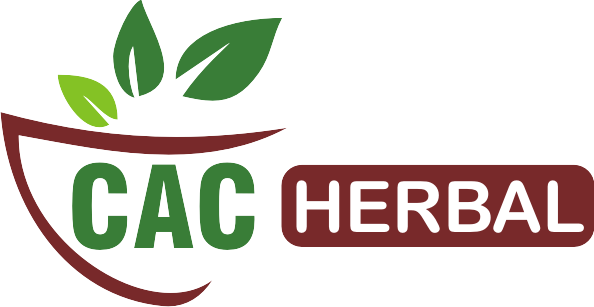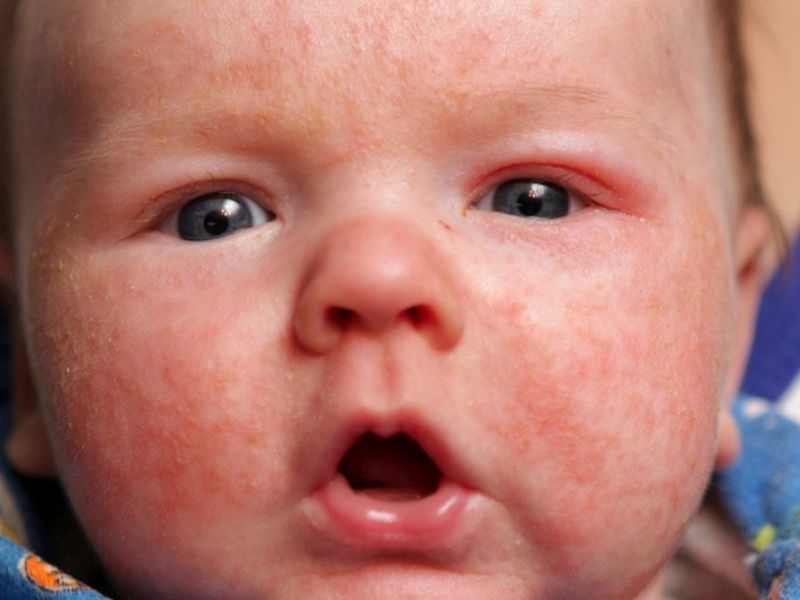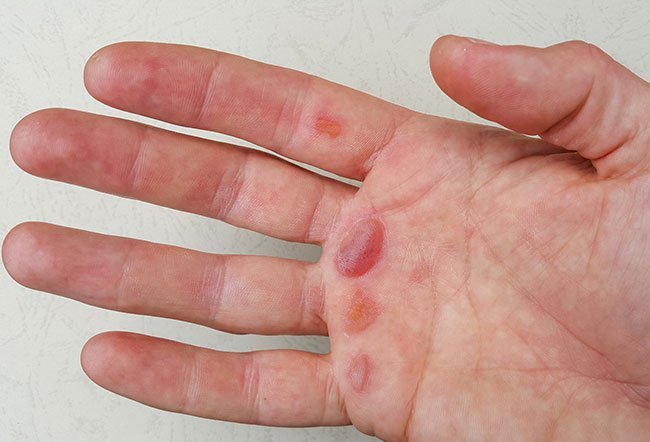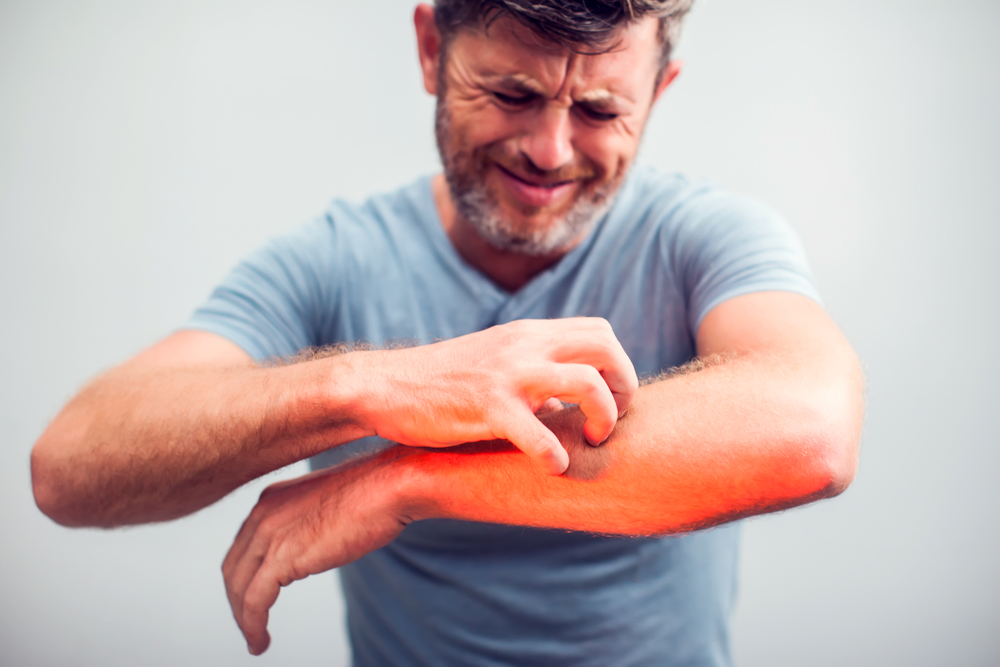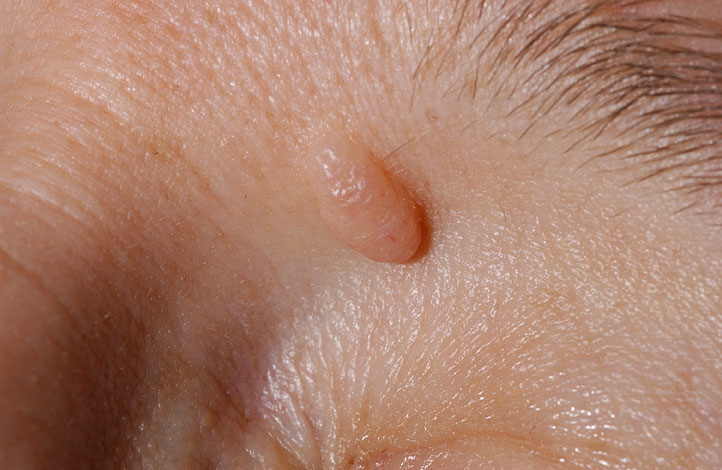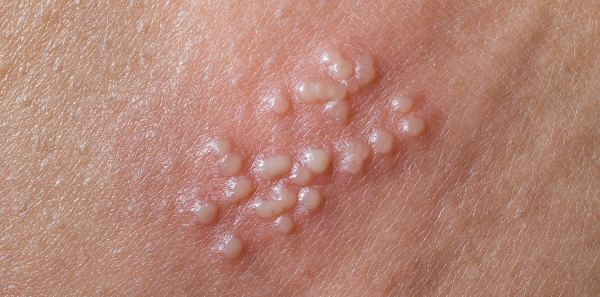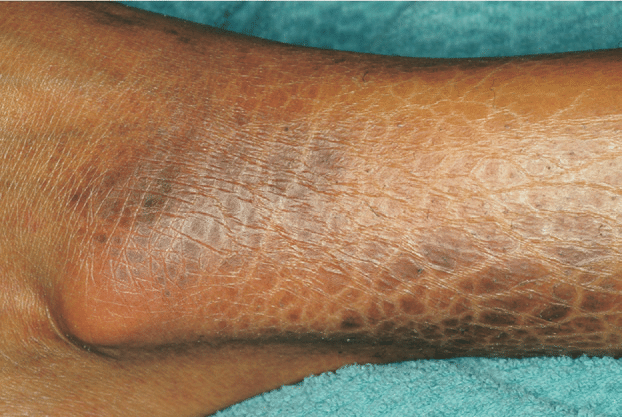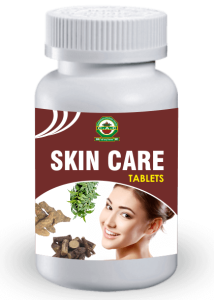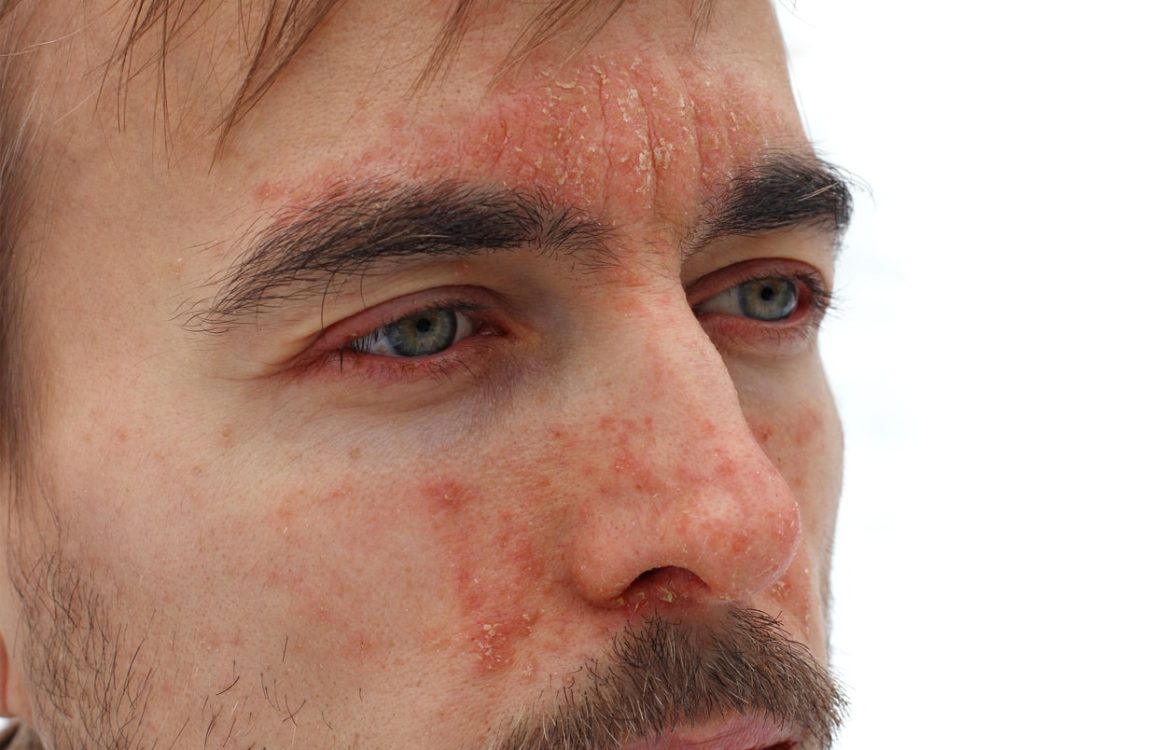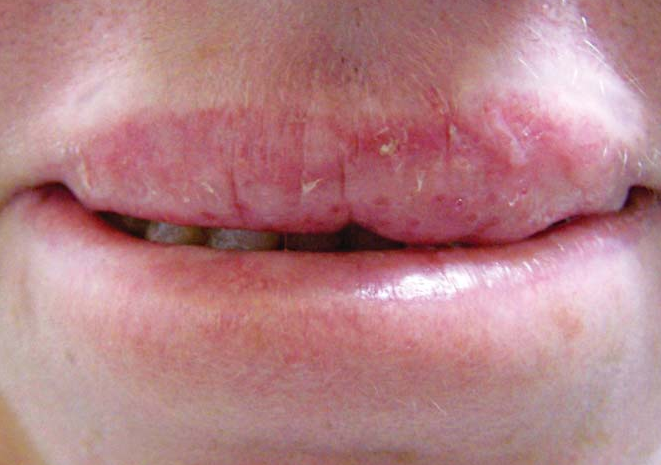- Atopic dermatitis (Eczema) is a chronic skin condition in which skin becomes red and itchy. In atopic dermatitis the immune system becomes extremely sensitive.
- This Condition is seen in every age group but more commonly seen in children. More common affected areas are face, inside the elbow and behind the knee.
- The word “Atopic means the Diseases that run in families i.e. the hereditary diseases and the word “Dermatitis” means inflammation of the dermis.
What is Symptoms of Atopic Dermatitis?
Symptoms that are noticed among people may involve
- Itching or burning sensation at the affected area more at night.
- Brown and red colored patches mostly seen on hands, wrists, feet, throat, chest and face.
- Thick, dry, rough and hard skin may be noticed.
- Small, raised bumps sometimes they may burst and crust formed over them when scratched
- There is feeling of uncomforting on itching, due to which skin become more sensitive and increase the chance of infection.
When to see your doctor?
- When you feel discomfort while sleeping or doing daily activities
- Feeling pain in skin parts
- Any kind of infection in skin like pus formation, yellow scabs
Causes of Atopic dermatitis
The real cause of atopic dermatitis has not known yet, but certain factors may play a role for causing atopic dermatitis
- Any kind of skin irritation, allergy or bacterial infection
- Variation in genes can also result in atopic dermatitis.
- Atopic dermatitis can also occur due to disturbances in the immune system.
- Atopic dermatitis can be due to temperature variations or any other environmental conditions.
Risks of atopic dermatitis
Risk factors for atopic dermatitis may involve
- Family history of atopic dermatitis
- Any kind of bacterial infection
- If you have Hyperactivity disorder / ADHD.
- Children are at risk of atopic dermatitis.
Complications
- Asthma and hay fever – Children may develop asthma and hay fever due to eczema.
- Itchy and scaly skin – There may be excessive itching on the skin, which may cause bleeding from the skin.
- Skin infections – The risk of infection is greatly increased due to atopic dermatitis.
- Sleep problems – Atopic dermatitis reduces sleep quality.
How can atopic dermatitis be diagnosed?
- Diagnosis of atopic dermatitis can be made by doing the physical examination of the skin and by taking history of patient. Sometimes, doctors can also advice patch test so that diseases with eczema can be detected.
- It’s important to diagnose the condition at early stage so that its treatment started.
Treatment options
There is not any specific treatment for atopic dermatitis but symptomatic treatment is done. Treatment options may include
Medications
- Medicines to treat infection
- Oral medicines to lower inflammation
- Creams to reduce itching and help repair skin
Therapies may involve
- Light therapy
- Wet Dressings
- Relaxation therapies
Home remedies to cure atopic dermatitis
There are many options which you can use as self-care and are effective to cure atopic dermatitis
1. Colloidal oatmeal
- Colloidal oatmeal is made from finely-ground oats. It is helpful to calm and soften inflamed skin. It is available in cream or powder form.
How to use it:
- You can add the powder of oatmeal to lukewarm water while bathing and soak for 15 to 20 minutes to soften rough skin and relieve itching.
- After your bath, dry your skin and apply moisturizer that has high oil content.
2. Aloe Vera gel
- Aloe vera gel has the properties like antibacterial, antimicrobial, fast healing process and boosts the immune system
- The antibacterial and antimicrobial properties of Aloe Vera gel prevent much kind of skin infections, which commonly occur on dry, cracked skin.
3. Coconut oil
- Coconut oil acts as a natural moisturizer. The antibacterial abilities of coconut oil can prevent infection. Always choose virgin or cold-pressed coconut oil that’s without chemicals.
4. Witch hazel
- Witch hazel is an astringent that is made from the bark and leaves of the witch hazel shrub. It has been used from the ancient times as effective remedy for skin inflammation.
5. Honey
- Honey is a natural antibacterial and anti-inflammatory agent and used from many years to heal wounds and skin care.
- Honey is effectively used for the treatment of a several skin diseases, including burns and wounds.
- You can directly apply honey on eczema-affected skin, honey could help prevent infections while moisturizing the skin and speeding healing.
6. Baths
- Skin gets essential moisture with bathing and is an important part of eczema treatment. When a person is suffering from skin condition, like eczema, their skin needs extra moisture because of the disturbance of function of outer layer.
- Sometimes, bathing often can dry out the skin and make eczema worse. So while bathing avoid following factors
- Using the wrong soap
- Using too hot or cold water
- Not moisturizing after bathing
7. Relaxation techniques
- Stress is a common eczema trigger. Studies shows that stress can play a role in causing inflammation so by managing stressful situations by using relaxation techniques may help to reduce eczema flare-ups.
- Relaxation techniques that may help include:
- Meditation
- Cognitive behavioral therapy
- Deep breathing
- Visualization
- Music therapy
- Yoga
Takeaway
If you are suffering with eczema, it’s important to avoid everything that may irritate or dry your skin and cause a flare, including:
- Perfumed soap or body wash
- Soaps with dyes
- Wool clothing
- Tight clothing
- Animal dander
- Perfumed detergents
A combination of self-care measurements and these natural remedies can help to manage mild-to-moderate cases of eczema and to reduce the severity of symptoms.
Severe eczema may require proper medical consultation. Work with your doctor to create a treatment plan that’s best for you.
